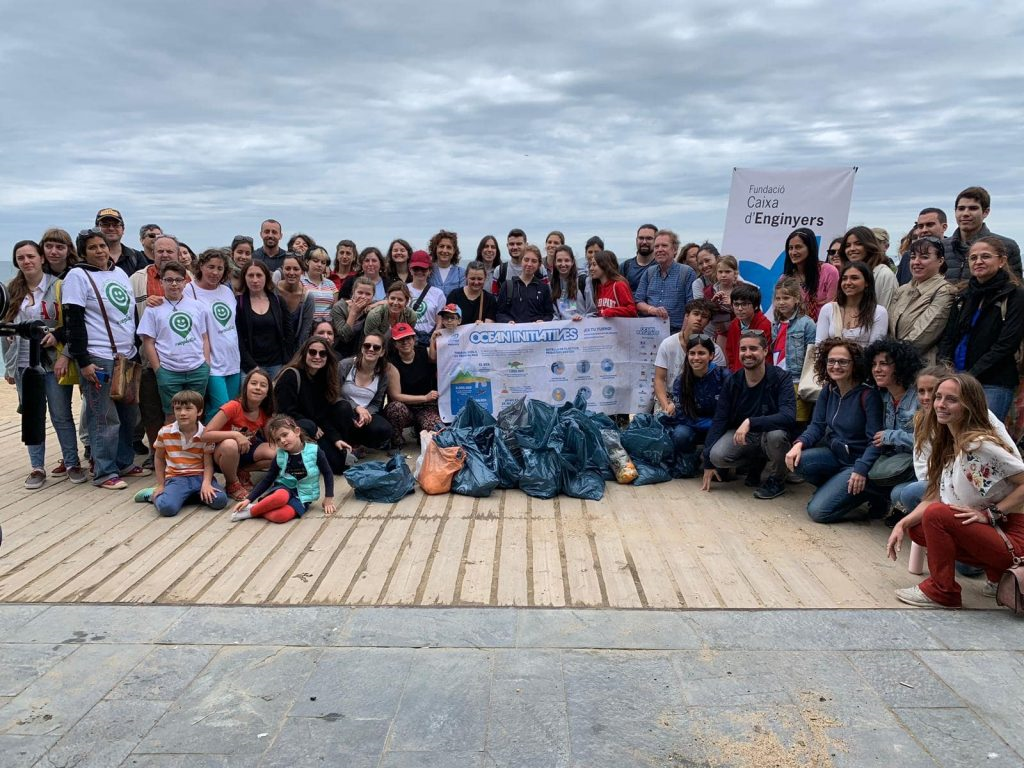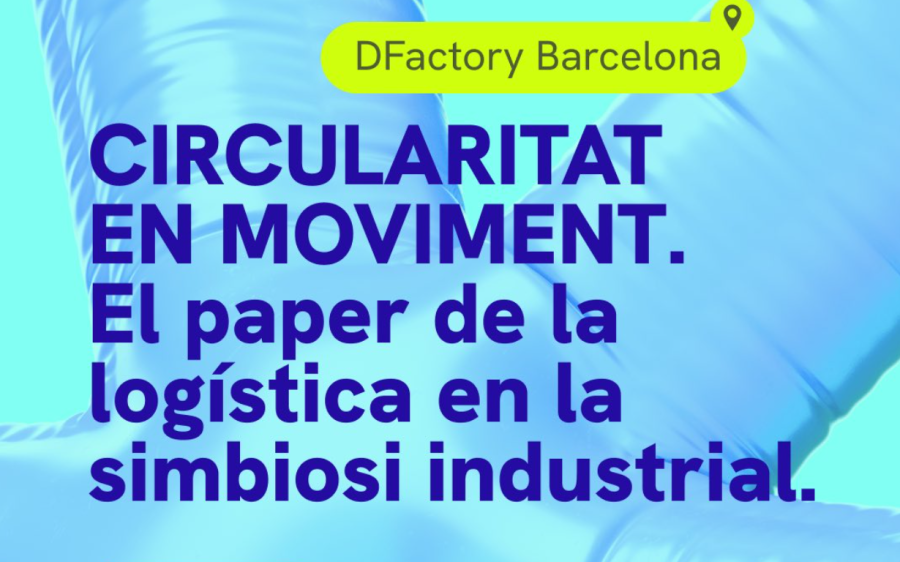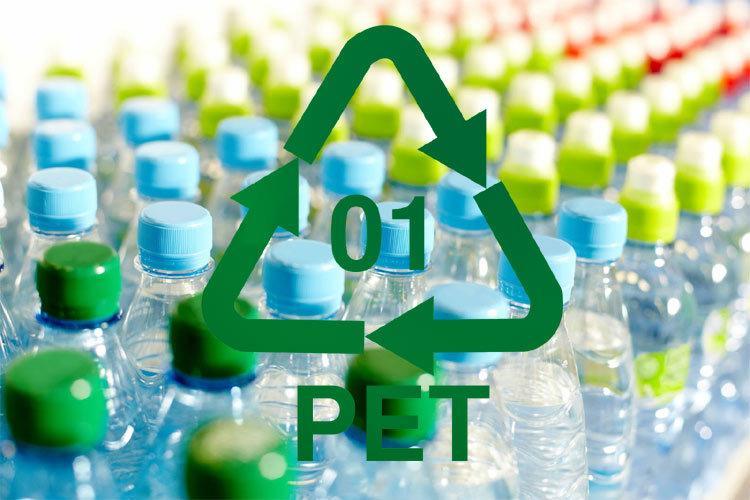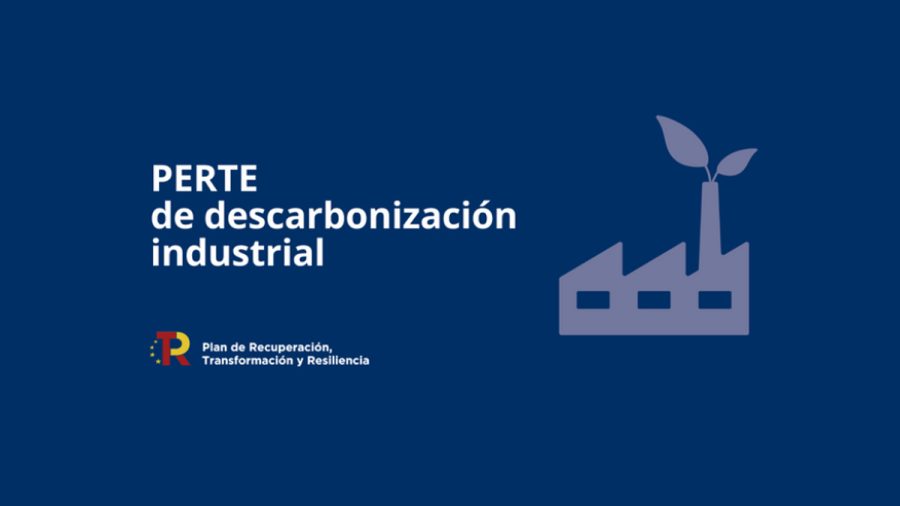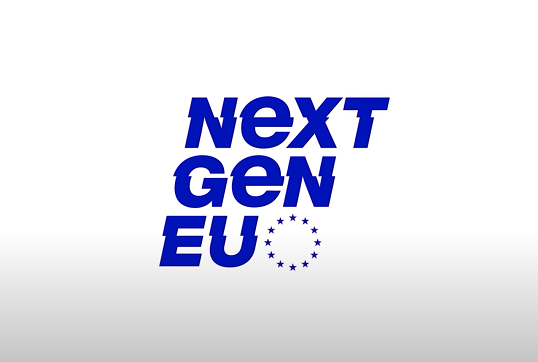The Environment, Public Health and Food Safety and Fisheries committees interviewed last Thursday the candidate designated as the future European Commissioner for Environment and Oceans, the Lithuanian Virginjus Sinkevicius listed three priorities for environmental matters, biodiversity, circular economy and pollution of zero air.
"I presented the school with a clean air action plan (…) with zero tolerance for non-compliance with regard to the regulations in force on air quality," said Sinkevicius, 28 years and a member of the Union of Lithuanian Peasants and Greens party.
Regarding air pollution, which according to data from the European Commission causes around 400,000 premature deaths every year in the EU as a whole, Sinkevicius added that he will propose updating the community rules based "on the latest recommendations ”, as they are currently governed by standards established by the World Health Organization (WHO) in 2006. “On traffic-free zones and clean air in cities, local authorities can introduce pollution-free zones” added the Lithuanian politician.
Sinkevicius, whose party is aligned with the environmentalist bench of the European Parliament, said he wants environmental policy to be a transversal axis of EU and member state policy, as well as promoting the circular economy. "as a parent, as a citizen, I want pollution to be a thing of the past, for Europe to have clean water, clean air and no harmful chemicals", he pointed out.
He also proposed to understand circular economy policies in new sectors, such as textiles, food and the information and communications technology sector.
To combat pollution, he announced that he will focus on the challenges of hazardous chemicals, endocrine disruptors, as well as the spillage of nutrients, pharmaceuticals and microplastics into the water.
The Lithuanian candidate spoke in favor of working globally to achieve the equivalent of the Paris climate agreement for biodiversity. He also highlighted the importance of the Natura 2000 Network, not so much in its extension as in the application of the rules, he defended the protection of forests and warned that the planet is immersed in a "sixth mass extinction" in terms of biodiversity.
As for fisheries, he committed to fully implement the Common Fisheries Policy and its next evaluation. He added that the EU must remain a world leader for sustainable fisheries and ocean governance. He also mentioned the importance of healthy oceans to ensure healthy fish stocks and thriving fishing communities. Regarding the development of his action, Sinkevicius set as one of his priorities the fight against unregulated illegal fishing, because, in addition to damaging the environment, it puts 3.5 million people at a disadvantage , that is to say more than the 2.8 million inhabitants of his native Lithuania.
"Artisanal fishermen have problems due to illegal fishing", not only because fish populations are reduced, but also because taxes are not paid and job security is not guaranteed, so "we have to fight properly against this phenomenon" , he argued.
With regard to the generational relief in this sector, the designated commissioner said to bet on offering "security for the future" in combination with "a balance between sustainability, social and economic issues" which, having in combination with "a balance between sustainability, social and economic issues" which, taking into account that "each basin is unique", allows "helping our fishermen".
MEPs raised several questions about how EU environmental policies can improve the role of forests as carbon sinks and biodiversity reserves, tackling air pollution from agriculture and industry. Members also questioned the commissioner-designate on plastic pollution, over-packaging and eco-design.

